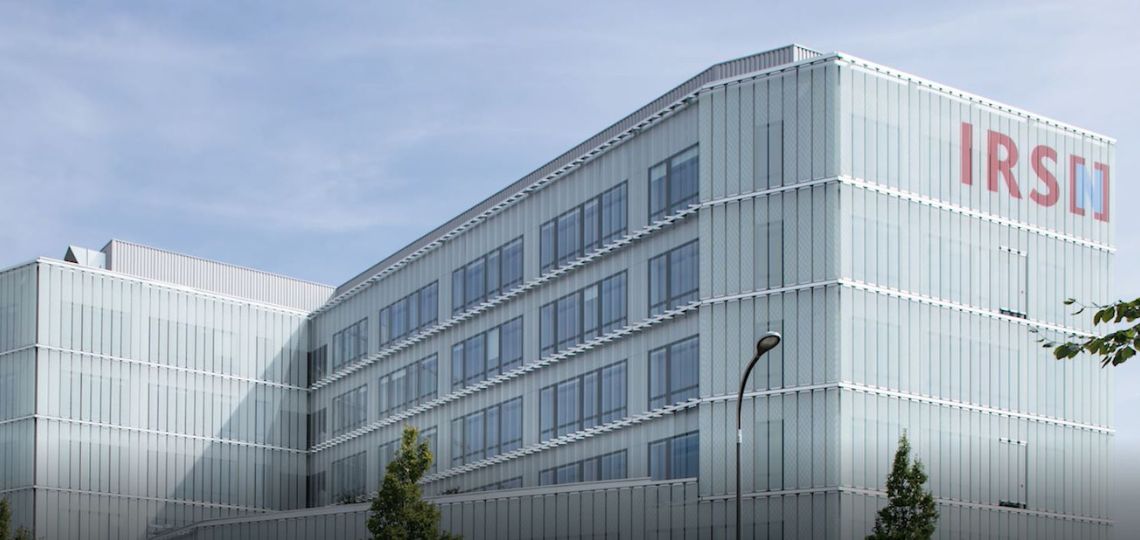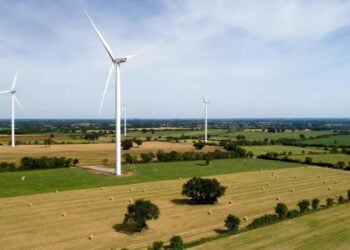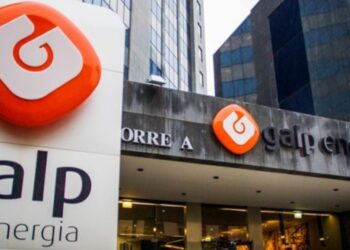The French government has announced its decision to dissolve the Institute for Radiation Protection and Nuclear Safety (IRSN) and merge its teams with the French Nuclear Safety Authority (ASN), with the aim of “streamlining the review process” in the area of nuclear safety. This decision has raised questions among parliamentarians and stakeholders in the exchanges. Critics have pointed out the risks of loss of competence, insufficient integration of research, disruption of safety standards, and lack of understanding of the nuclear safety organization.
The French government believes that the merger of IRSN and ASN will allow better management of emergency situations
According to Bernard Doroszczuk, the merger of IRSN and ASN will allow better management of emergency situations by eliminating communication problems between the two organizations. He pointed out that the current system, where IRSN establishes a diagnosis that is then transmitted to ASN, which is in contact with the government, is too slow to respond effectively to emergency situations.
Critics point to risks of loss of competence and disruption of safety standards
Critics have pointed out the risks of loss of competence in nuclear safety. Jean-Christophe Niel, IRSN’s Director General, warned against the “loss of competence” that would result, stating that this reform could have negative effects on safety and radiation protection. The president of the ASN tried to reassure critics by saying that the “best things” of both organizations would be kept.
Critics also expressed concern about disrupting safety standards. Claude Birraux, former president of the Parliamentary Office for the Evaluation of Scientific and Technological Choices (OPECST), warned that this reform could represent “a 40-year setback” in the organization of nuclear safety, due to the insufficient integration of research. The president of the CLI, Jean-Claude Delalonde, fears the weakening of nuclear safety as a common good. Bernard Salha, EDF’s RD Director, supports the CEA’s mobilization for research. The ASN is trying to reassure that the best things on both sides will be kept, but some experts are calling for caution because nuclear safety is at stake, especially if a nuclear program is launched on a changing system that is not yet stabilized.






